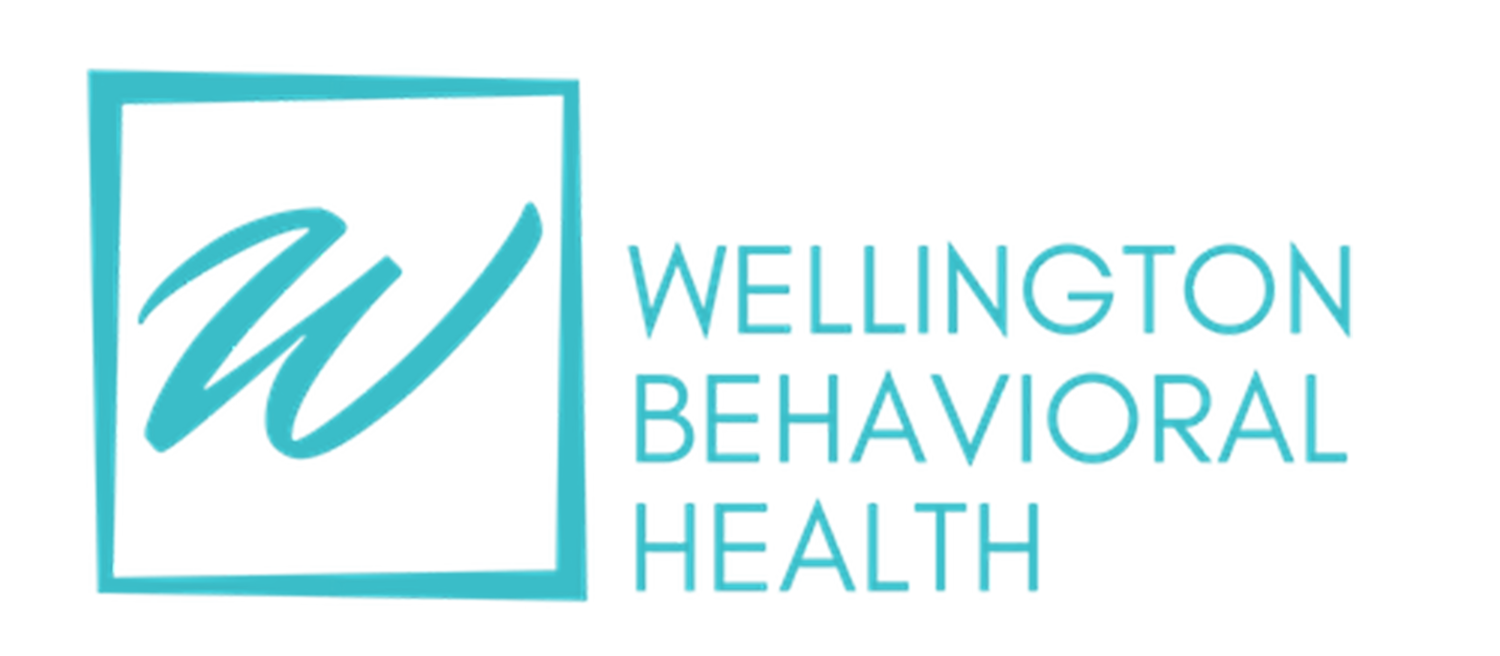Recovering from an eating disorder is beyond challenging. To start, you need food to survive, but when you have an eating disorder, your relationship with food becomes turbulent and disharmonious. During recovery, you must begin to heal your relationship with food and also with your body. Plus, with social media and diet culture, you are inundated with messages about food, eating, and body size, making recovery even more difficult.
Three Tips for Eating Disorder Recovery
Even so, it is possible to heal and recover from an eating disorder. Below, I share three tips to help you as you face the challenges of eating disorder treatment and recovery.
1. Practice self-compassion: Individuals with eating disorders are often self-critical, which can increase feelings of shame, anxiety, and depression. Try to be gentle with yourself. Positive self-care should be a part of your recovery journey and may include the following ideas:
Make a list of things that you love about yourself and revisit it often.
Challenge negative self-talk. Ask yourself if you would say what you’re saying to yourself to your best friend.
Pamper yourself! Get a manicure or enjoy a luxurious bath at home.
Prioritize both your physical and mental health. Start small and incorporate an after-dinner mindful walk into your nightly routine. Then, when you get home, write down five things in a gratitude journal.
Make an effort to spend time with your loved ones and let them remind you just how special you are.
2. Identify and learn to cope with your triggers: Eating disorders often serve as a coping mechanism for difficult experiences or painful feelings. Although these are bound to occur during treatment and recovery (and beyond!), it’s important to both your physical and mental health that you recognize these triggers, which may be certain people, places, things, or even events. It’s unrealistic to completely avoid all of your triggers, so it’s important to be prepared and learn how to cope effectively with them. This effort will especially help to prevent relapses. Some examples of potential triggers include:
Being around people who make you feel self-conscious about your body.
Mirrors, scales, or other objects around your house.
Social media feeds that are focused on diet culture and the pursuit of the thin-ideal.
Stressful events, including the holidays, starting a new job, social events, etc.
Restaurants that are linked to eating disorder memories.
3. Discover new ways to cope: As you heal from your eating disorder, you may find that you need to create a new coping skills toolbox. It’s important to explore and develop more adaptive ways of coping that align with your goals and values and will ultimately lead to a better relationship with yourself. Here are a few examples of enjoyable coping activities that don’t relate to food or your body:
Pursue painting or another art-inspired hobby.
Listen to music or learn how to play an instrument.
Write in a journal
Listen to a guided meditation.
Volunteer for a cause that’s important to you.
Reach Out for Professional Help
Of course, it’s also important to seek professional help. In fact, relying on the Internet or self-help books may do your body more harm than good. For proper treatment and recovery, you need the guidance of a therapist and Certified Eating Disorder Specialist (CEDS), dietitian, and physician as well as a group of supportive family and friends. Your treatment team will work together to determine the best level of care for you, which may be inpatient treatment (the highest level of support), residential treatment, partial hospitalization program (PHP), intensive outpatient program (IOP), or outpatient support (the lowest level of care).
Discover the possibility of living a meaningful life. Discover the possibility of recovery. Contact Dr. Benaaz Russell, PsyD, CEDS today to schedule an appointment!

